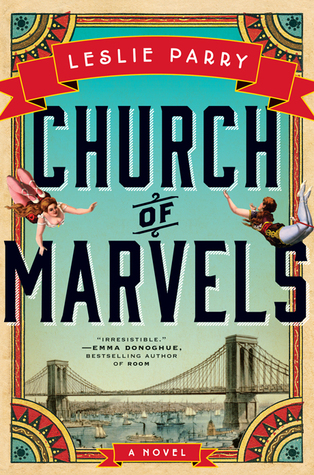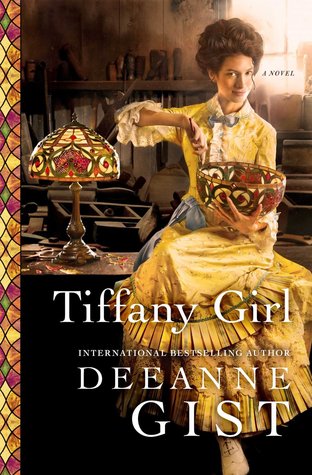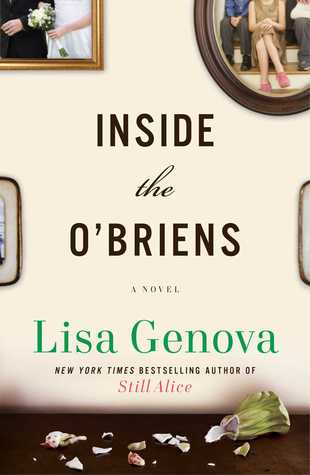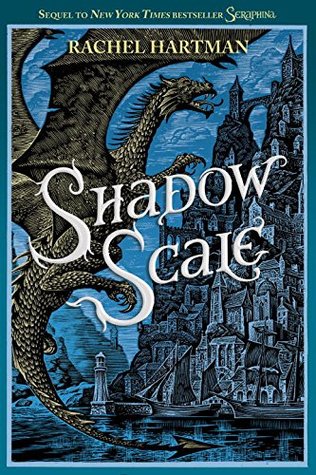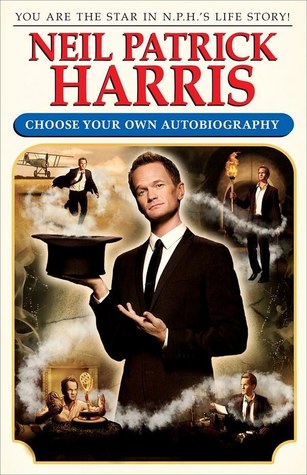Americanah
By Chimamanda Ngozi Adichie
Anchor March 2014
589 pages
From my shelves
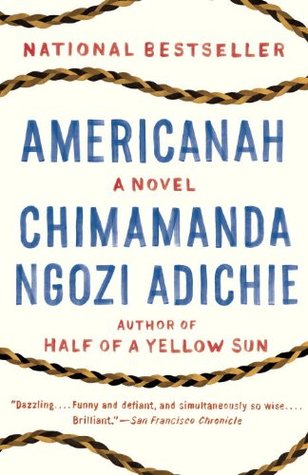
Americanah follows the lives of Ifemelu and Obinze, a young Nigerian couple. She immigrates to the United States to pursue her education but Obinze stays behind in Nigeria. Ifemelu finds that nothing is the way she anticipated in this new place incluing her reactions to American life.
She seems to spend her entire life finding a place to belong. Her first love in Nigeria is Obinze.While they have similar cultural backgrounds, they have financial and familial differences. When Ifemelu goes to the United States for further schooling, she and Obinze have plans to reunite. As they spend time apart, the differences between them grow wider. After a bout of depression in the United Sates, Ifemelu breaks things off with Obinze and begins to date a white man. But she soon finds herself unsatisfied with that relationship. Ifemelu then dates a professor who seems to match her in every way - race, education, political beliefs - but finds herself always feeling inferior to her boyfriend and his family.
She often feels like an outsider until she decides to start a blog examining and sometimes skewering the ways that race is perceived in the United States. When she hits "publish" on her posts, she finds a whole online community of people just like her who feel like they just don't fit into American culture. Adichie, through the eyes of Ifemelu and Obinze, is laser sharp as she hones in on the evils of racism and the pain caused by presumption. But her observations are never cruel.
One of the most interesting things for me was to see the ways that race is perceived in different places and situations. Ifemelu shares that she never thought of herself as black until she immigrated to the United States. After she arrives here, she cannot escape it. We see hierarchies of blackness put into place by people and institutions and the bizarre notion that everyone who isn't pale and covered in freckle has the same beliefs in spite of their differing backgrounds and histories.
This book is an insightful examination of race in the 21st century, but it is also a universal story about leaving home and feeling homesick, knowing a relationships is good while dreaming of a first love, and discovering that following all of the rules doesn't mean you will find success.
I always find it a testament to a good writer and a great story when I want to keep reading after the last page. In this case, I would have been happy to read Ifemelu's observations about life, love, and race for the rest of her life. If you haven't read it yet, don't miss this excellently written story that will make you reconsider what you think about race and the assumption that you know anyone's story.
She often feels like an outsider until she decides to start a blog examining and sometimes skewering the ways that race is perceived in the United States. When she hits "publish" on her posts, she finds a whole online community of people just like her who feel like they just don't fit into American culture. Adichie, through the eyes of Ifemelu and Obinze, is laser sharp as she hones in on the evils of racism and the pain caused by presumption. But her observations are never cruel.
One of the most interesting things for me was to see the ways that race is perceived in different places and situations. Ifemelu shares that she never thought of herself as black until she immigrated to the United States. After she arrives here, she cannot escape it. We see hierarchies of blackness put into place by people and institutions and the bizarre notion that everyone who isn't pale and covered in freckle has the same beliefs in spite of their differing backgrounds and histories.
This book is an insightful examination of race in the 21st century, but it is also a universal story about leaving home and feeling homesick, knowing a relationships is good while dreaming of a first love, and discovering that following all of the rules doesn't mean you will find success.
I always find it a testament to a good writer and a great story when I want to keep reading after the last page. In this case, I would have been happy to read Ifemelu's observations about life, love, and race for the rest of her life. If you haven't read it yet, don't miss this excellently written story that will make you reconsider what you think about race and the assumption that you know anyone's story.



